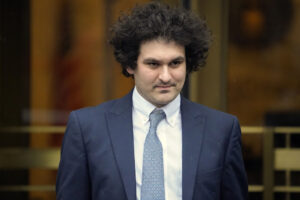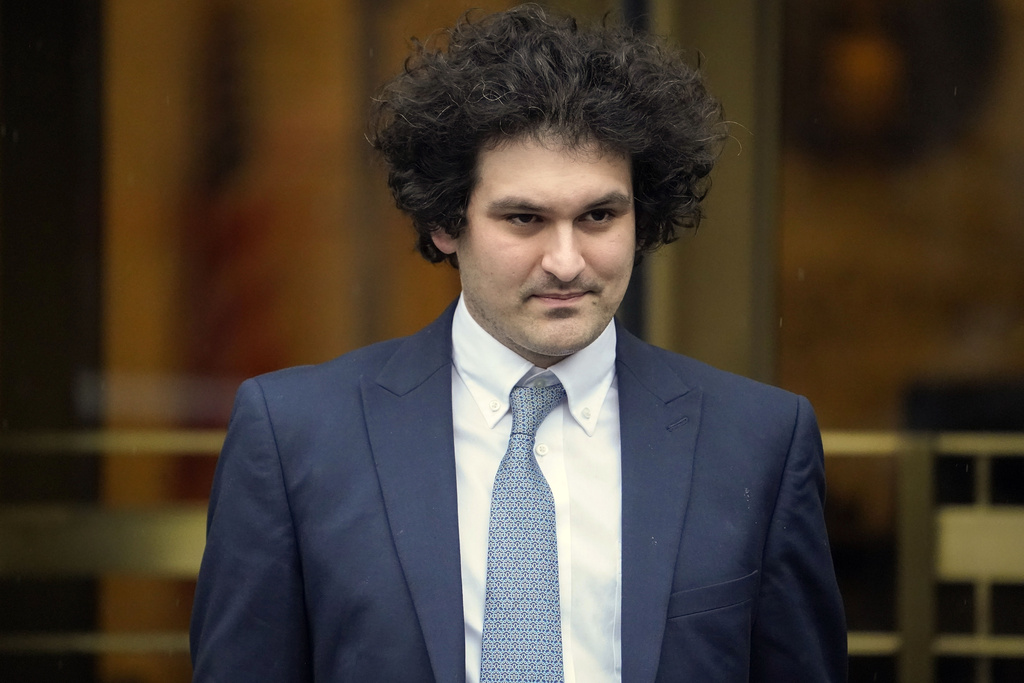
Despite his defense’s claims of autism to be considered for leniency, Sam Bankman-Fried, the founder of FTX, was sentenced to 25 years in prison for billion-dollar financial fraud.
U.S. District Judge Lewis A. Kaplan delivered the sentence after prosecutors had recommended 40 to 50 years, even though Bankman-Fried faced a potential maximum sentence of 110 years for his crimes of fraud and conspiracy, considering the cited billions in losses to FTX customers, investors, and lenders.
The sentencing followed revelations of the massive financial damage caused by FTX’s collapse, totaling $8 billion in losses for customers, $1.7 billion for investors, and $1.3 billion for lenders. Judge Kaplan emphasized the scale of Bankman-Fried’s impact, stating that he must be “appropriately” disabled from causing further harm.
Bankman-Fried’s defense had argued for leniency based on his autism diagnosis, suggesting that his condition made him less culpable, to which Judge Kaplan appeared unmoved. In court, Bankman-Fried described his life as being effectively over, stating, “My useful life is probably over. It’s been over for a while now, from before my arrest.” He nostalgically recalled his time leading FTX and praised his employees for their dedication, saying they worked “burning the midnight oil.”
Prosecutors, however, highlighted a more calculating side of Bankman-Fried. They presented a Google document he created, outlining potential strategies to rehabilitate his image, including a plan to shift his political affiliations from Democrat to Republican. Despite his defense lawyer’s claim that Bankman-Fried “doesn’t make decisions with malice in his heart” but with “math in his head,” the court did not view his actions as mistakes born from social misinterpretation but deliberate fraud.
His behavior during the sentencing, like wiping his nose on the hem of his shirt, was seen as peculiar, raising questions about his neurological condition. Yet, his autism defense did little to alter the outcome of the case.
As Bankman-Fried faces decades in prison, the question lingers over whether his neurodivergence should have played a role in his sentencing or if it was simply a calculated tactic to reduce his prison time.
Bankman-Fried will be in his late 50s when he is released from prison.








